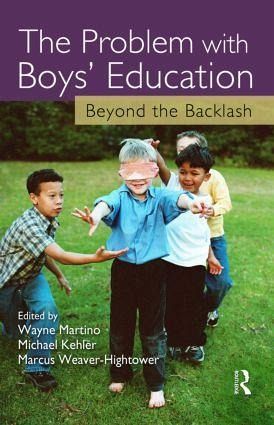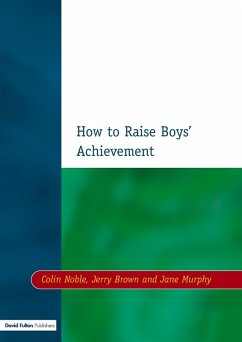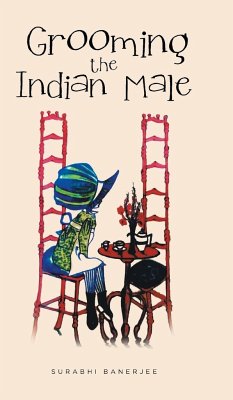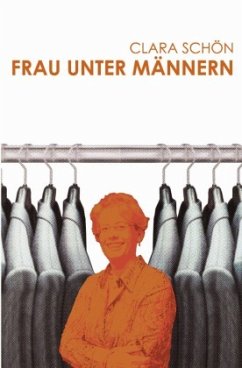
The Problem with Boys' Education
Beyond the Backlash
Herausgegeben: Martino, Wayne; Kehler, Michael D.; Weaver-Hightower, Marcus B.
Versandkostenfrei!
Versandfertig in 1-2 Wochen
40,99 €
inkl. MwSt.

PAYBACK Punkte
20 °P sammeln!
This book offers an illuminating analysis of the theories, politics, and realities of boys' education around the world -- an insightful and often disturbing account of various educational systems' successes and failings in fostering intellectual and social growth in male students. Examining original research on the impact of implementing boys' education programs in schools, the book also discusses the role of male teachers in educating boys, strategies for aiding marginalized boys in the classroom, and the possibilities for gender reform in schools that begins at the level of pedagogy.Complete...
This book offers an illuminating analysis of the theories, politics, and realities of boys' education around the world -- an insightful and often disturbing account of various educational systems' successes and failings in fostering intellectual and social growth in male students. Examining original research on the impact of implementing boys' education programs in schools, the book also discusses the role of male teachers in educating boys, strategies for aiding marginalized boys in the classroom, and the possibilities for gender reform in schools that begins at the level of pedagogy.
Complete with case studies of various classrooms, school districts, and governmental policy programs, the detailed essays collected provide a look into education's role in the development of masculinities, paying special attention to the ways in which these masculinities intersect with race, class, and sexuality to complicate the experience of boys within and outside of a classroom setting.
Complete with case studies of various classrooms, school districts, and governmental policy programs, the detailed essays collected provide a look into education's role in the development of masculinities, paying special attention to the ways in which these masculinities intersect with race, class, and sexuality to complicate the experience of boys within and outside of a classroom setting.














